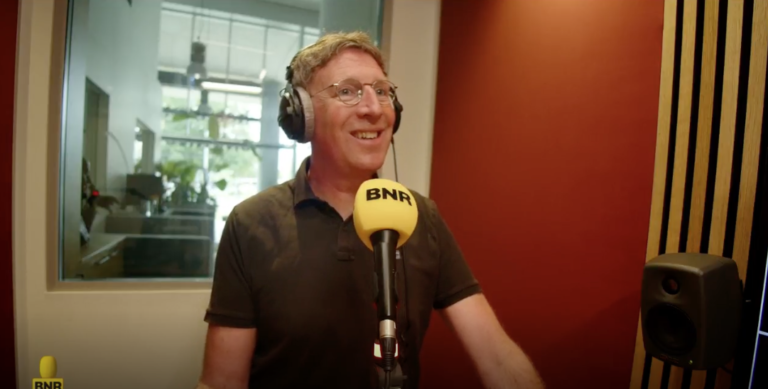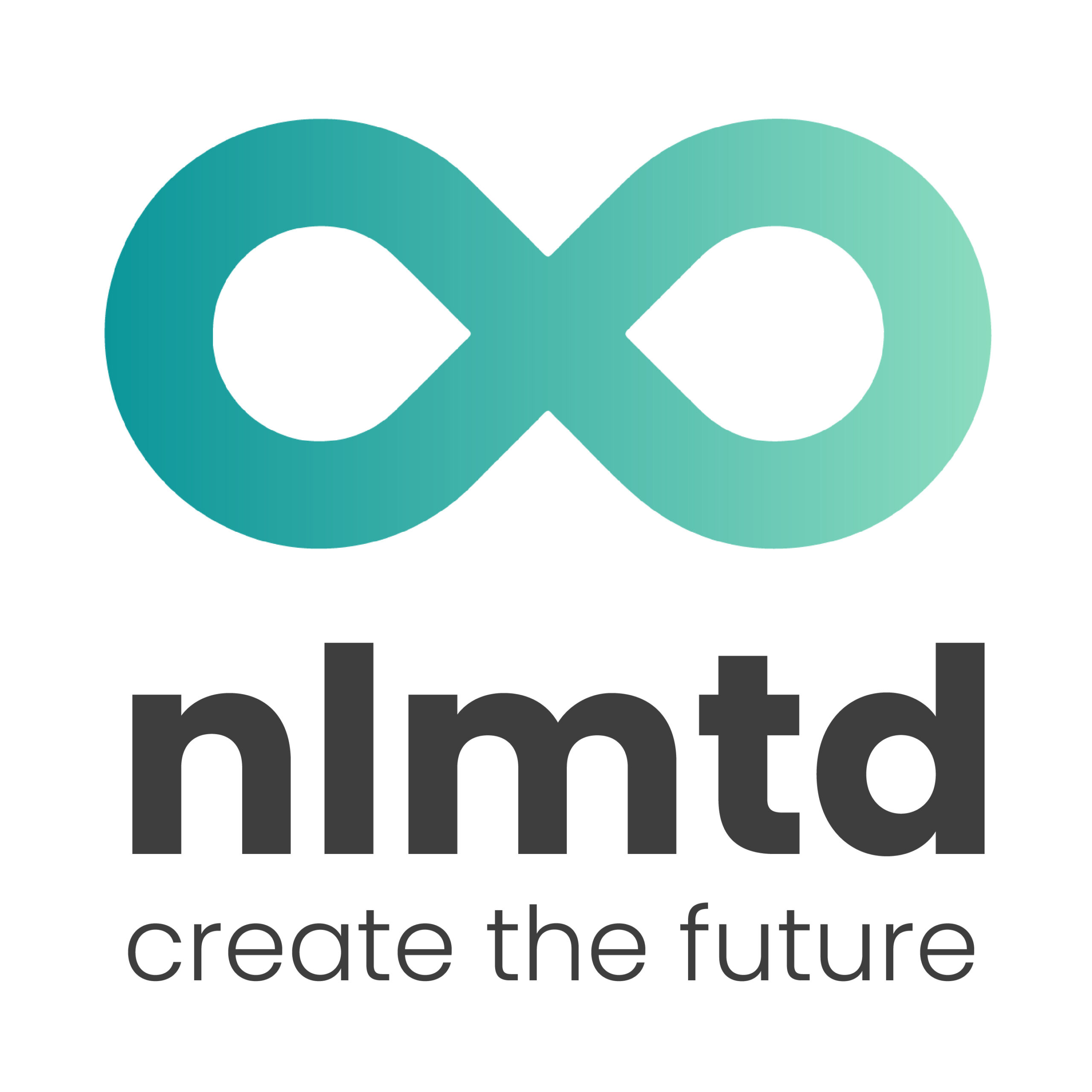
Pieter Paul van Oerle
Founder nlmtd
Pieter Paul van Oerle is the founder of nlmtd and an expert in ecosystem innovation. With a background in business economics and over twenty years of experience, he helps organizations become future-ready by developing innovation programs in collaboration with the technology ecosystem. Pieter Paul is dedicated to creating value that benefits customers, society, and the planet.
Share this article
Minister Vincent Karremans of Economic Affairs wants to ensure that the Netherlands invests sufficiently in innovation with his “3% R&D Action Plan.” In it, he outlines nine actions to address faltering innovation. TNO also recently launched a proposal to work on High-Tech Megaclusters.
“Let’s take action now and join forces across Europe to accelerate our strategic independence. The conditions to create sustainable, innovative clusters and to scale up existing ones are in place, but it won’t happen by itself.”
Pieter Paul van Oerle - Founder nlmtd
BNR invited me to discuss how a strong cluster can be realized more quickly. It turned into a great conversation with John van Schagen and Patrick van der Pijl, covering the different types of ecosystems and clusters that exist, the power of public spending as a driver of innovation, and concrete examples of clusters that are already strong, such as Brainport and Wageningen, as well as clusters with further growth potential, such as those around Lelystad Airport (Sustainable Aviation and Energy Transition) and Noordwijk (Space).

In doing so, we discussed the value of developing with a “dual use” mindset, where government and defense can issue assignments to the market that create value for both other industries and defense itself.
I believe that in the Netherlands, we possess the knowledge and expertise to develop more sustainable megaclusters rapidly. The urgency is high. We can demonstrate that a sustainable and innovative economy can reduce our dependence on other geopolitical players and form the foundation for an economic transformation that develops without exceeding the planet’s carrying capacity, one that respects planetary and ecological boundaries.
Six Steps to Accelerate the Development of Strong Clusters
Europe must strengthen its position with targeted steps. Examining the lessons from Ukraine, we identify six concrete actions that can help develop a strong, innovative, and future-proof megacluster within just a few months.
- Make clear choices – Europe must decide which core areas to focus on. It is neither feasible nor necessary for each country to excel in every field. By making sharp choices and developing targeted clusters, progress can be accelerated.
- Define key challenges with major organizations – Governments, ministries, defense, and leading companies must jointly identify the most pressing challenges. Which problem areas offer the most significant opportunities for progress? Consider cybersecurity, defense technology, space exploration, autonomous systems, innovative materials, energy independence, and advanced manufacturing processes.
- Accelerate the development of innovative ecosystems – Clusters thrive when companies, knowledge institutions, and governments collaborate closely. By launching innovation hubs with direct access to funding and regulation that encourages experimentation, innovations can take off much faster.
- Scale up through public–private partnerships – Governments should provide initial investments in the proper facilities and early experiments, while companies enable growth. The government and defense sector, acting as “launching customers” for innovation, present a significant opportunity that we must seize. In Ukraine, we see how private companies, in collaboration with the government, set up a state-of-the-art defense industry in record time. Europe can learn from this.
- Validate new products and services faster – By quickly and iteratively testing new services and products with partners and clients, we can validate which solutions are most effective in a short time. This speeds up the innovation cycle and prevents lengthy development tracks without market validation.
- Intensify collaboration within Europe – Ultimately, Europe must establish robust cooperation to deploy and scale these technologies more widely. This will create a resilient and self-sufficient technological foundation for Europe.
Conclusion
The geopolitical situation creates an urgency to develop strong, innovative clusters rapidly. This requires strategic choices, intensive collaboration, and decisive action.
Clear choices must be made about which clusters deserve extra attention in each country. Then, just as in Ukraine, we can make a giant leap forward within a few years, strengthening both our security and our economic development.
The opportunity is within reach. If Europe seizes it, it can become a powerful, autonomous player in the future world order. That is why I conclude with a call to action:





